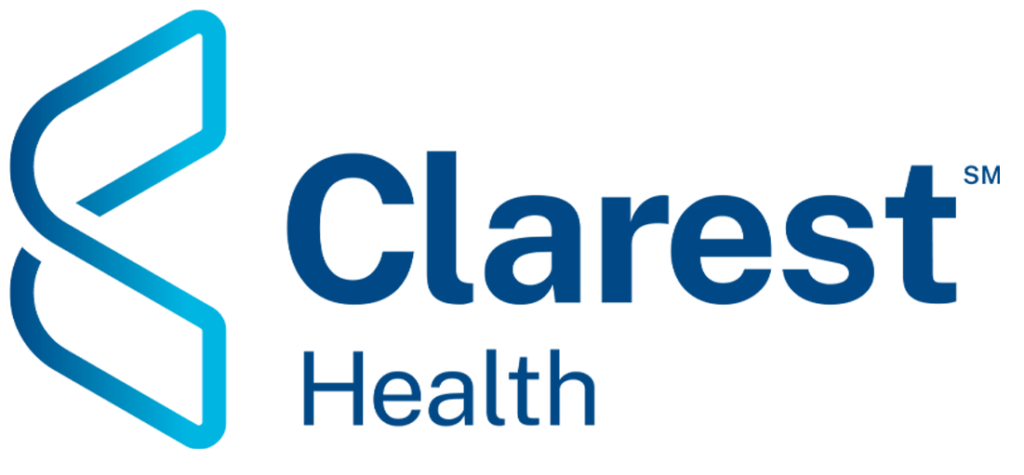In today’s fast-paced, demanding world, mental health has become a pressing issue affecting people of all ages, genders, and backgrounds. Recognizing its significance, National Mental Health Awareness Day serves as way to educate, advocate, and destigmatize mental health challenges. This year, on October 10th, we come together to embrace a new era of empathy and support. In this blog, we explore the importance of this day and how it can contribute to creating a more inclusive society.
National Mental Health Awareness Day plays a crucial role in raising awareness about mental health, ensuring that people have access to accurate information and resources. It serves as a reminder to communities, organizations, and individuals to prioritize conversations and education around mental health. By increasing awareness, we can address misunderstandings, myths, and misconceptions associated with mental health, and encourage an environment of understanding and empathy.
One of the most significant hurdles in mental health is the stigma that surrounds it. National Mental Health Awareness Day empowers us to dismantle this stigma by fostering a culture of acceptance and support. People struggling with mental health deserve compassion, not judgment. Open conversations, sharing personal experiences, and embracing diverse perspectives will help to normalize discussions around mental health and encourage individuals to seek help without fear of stigmatization.
National Mental Health Awareness Day also inspires individuals to prioritize their own mental well-being and practice self-care. It reminds us that mental health is an integral part of overall health, and neglecting it can affect every aspect of our lives. Taking time to engage in activities that promote mental well-being, such as exercise, practicing mindfulness, connecting with loved ones, and seeking professional help when needed, can improve our quality of life, and reduce the risk of mental health challenges.
A Call to Action
Additionally, this day serves as a call to action for communities, organizations, and policymakers to expand their efforts in supporting mental health. By investing in accessible mental health services, providing safe spaces for individuals to share, and implementing policies to support mental health, we can collectively create a society that prioritizes and protects mental well-being for all.
In our own world, we recognize the extreme mental health challenges caregivers can face. Referred to as “caregiver syndrome”, this is a level of physical, emotional, and mental exhaustion that is experienced by those who care for a loved one who is chronically ill and/or aging. We aid in the overwhelming situations caregivers find themselves in by streamlining the Medication Management process. It begins with a comprehensive in-home or telehealth consultation conducted by a pharmacy liaison. Once the consultation is complete, each prescription is reviewed and verified by a licensed pharmacist. We then deliver each patient’s medications to their home in individual CarePack packaging, imprinted with day and time to take each dose pouch. This eliminates the guesswork and worry of administering a multitude of medicines, reducing stress for both the caregiver and the patient.
Finally, let’s not forget our healthcare heroes, who tirelessly work to safeguard our well-being. They deserve our support and recognition. By prioritizing their mental health, we create a world where empathy and warmth guide our efforts to nurture the well-being of all.
Positive Change
National Mental Health Awareness Day provides us with a unique opportunity to come together and make a difference. It encourages open dialogue, breaks down barriers, and empowers individuals to seek the help they need. By understanding, supporting, and advocating for mental health, we pave the way for a brighter and more compassionate future, where mental well-being is valued as much as physical health. Today serves as a catalyst for positive change, as we work towards building a society that nurtures and respects every individual’s mental health.

